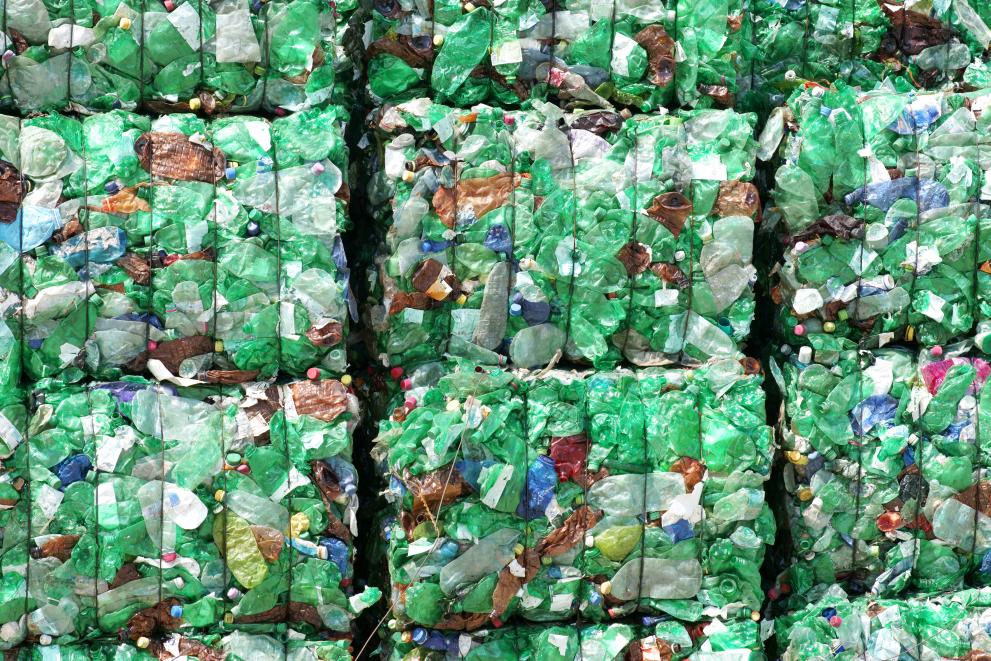An international group of nongovernmental organizations (NGOs) is coming together to do something big. Our goal is to work together to stop plastic pollution. We are trying to make this movement as big as possible, and we want you to join! We share the common values of environmental protection and social justice, and these shared values guide our work in building the world in which we wish to live.
We believe in a world where the land, sky, oceans, and water is home to an abundance of life, not an abundance of plastic, and where the air we breathe, the water we drink and the food we eat is free of toxic by-products of plastic pollution. In this world the principles of environmental justice, social justice, public health, and human rights lead government policy, not the demands of elites and corporations. This is a future we believe in and are creating together.
Principles | We will work to build solidarity between people around the world and impacted communities, so that:
- Our lifestyles and economy fit within the environment limits of the planet.
- Waste is reduced, first and foremost.
- The life cycle of the materials and products we use – from extraction and production, to end use, recycling, composting, and disposal –sustain the health of the people and the planet.
- Strong community action and partnerships among citizens, workers, government, sector experts, and supportive business leaders guide decisions about present and future material design, manufacturing, and waste management.
- Waste pickers and recycling workers are supported to improve the systems they operate in and can co-lead a just transition to a new and safe materials economy.
- Producers take responsibility for the full life cycle costs and impacts of their products and packaging, and are redesigning and innovating better materials and systems.
- Where plastic products and packages are necessary, they are re-used, repaired, or, failing that, recycled; and toxic substances are eliminated from their production.
- No new incinerators are constructed, and renewable energy incentives are eliminated for plastics and waste burning. This includes gasification, pyrolysis, cement kilns, and other burn “waste-to-energy” facilities.
- Organic waste returns to the soils and zero waste systems reduce reliance on landfills and incinerators.
- The systems we build and materials we use slow climate change, rather than accelerate it.

